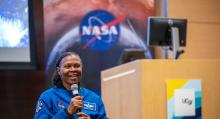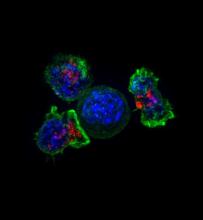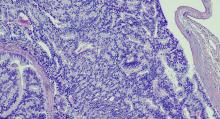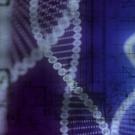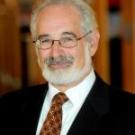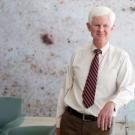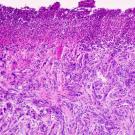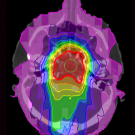News
Around The World, Those Treated for Addiction Far More Likely to Smoke
People in addiction treatment programs around the world use tobacco at two to three times the rate of people who are not being treated for addiction, according to a review of research studies from 20 countries other than the United States. The review, led by Joseph R. Guydish, PhD, a UC San
Antibody Network Partners With Celgene for Cancer Therapies
A new collaboration between Celgene Corp. and the Recombinant Antibody Network (RAN), a consortium comprising research groups from UC San Francisco (UCSF), the University of Chicago and the University of Toronto, will support the development of next-generation, antibody-based cancer therapies. In
Crunching Numbers to Combat Cancer
UC San Francisco has received a National Cancer Institute grant of $5 million over the next five years to lead a massive effort to integrate the data from all experimental models across all types of cancer. The web-based repository is an important step in moving the fight against cancer toward
Smoke-Free Zones, Higher Taxes Deter Youth Smoking, Study Shows
Banning smoking in the workplace and increasing taxes on cigarettes have discouraged teens and young adults from taking up smoking, according to a study by researchers at UC San Francisco and UC Merced. The study, published Sept. 8, in JAMA Pediatrics, used data on the smoking habits of a group of
Childhood Cancer Research at UCSF to Transcend Tissue Types With Innovative Grant
Researchers at UC San Francisco are leading a five-year, $10 million research project dedicated to pediatric cancer, funded by the first grant of its kind to focus on a molecular pathway that underlies many cancers rather than on a cancer in a particular organ or tissue in the body. The grant's
Rare Melanoma Carries Unprecedented Burden of Mutations
A rare, deadly form of skin cancer known as desmoplasmic melanoma (DM) may possess the highest burden of gene mutations of any cancer, suggesting that immunotherapy may be a promising approach for treatment, according to an international team led by UC San Francisco scientists. One of these
Genetic Makeup May Make Radiation Riskier for Pediatric Cancer Patients
Genetic vulnerabilities associated with childhood cancers may make children undergoing radiation therapy more susceptible than adults to secondary cancers, according to novel insights from researchers at UC San Francisco. Malignancies caused by radiation therapy are a major cause of mortality in
